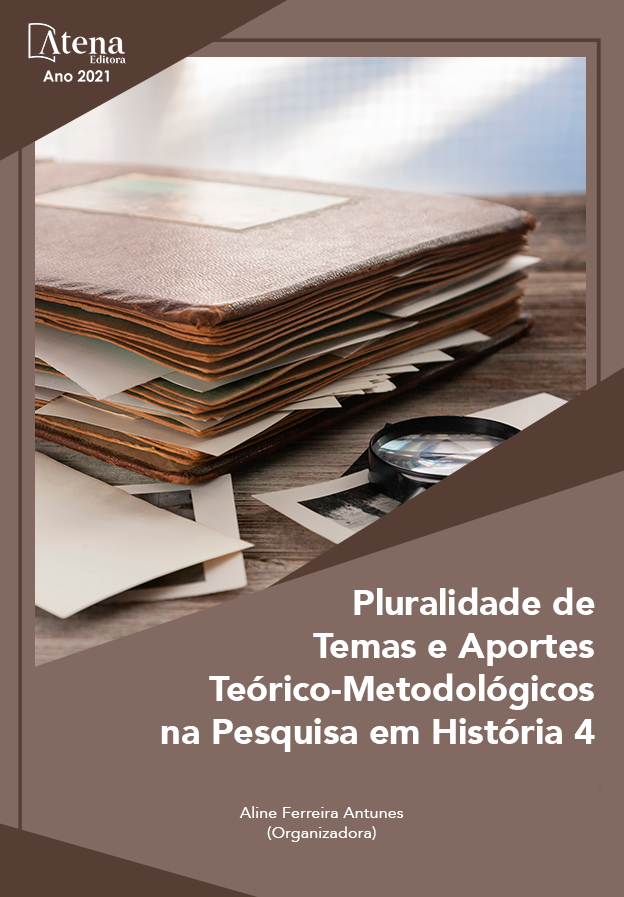
A ARTE DE CURAR (PRÁTICAS DE CURA) E SUA “CRIMINALIZAÇÃO” EM IRATI E MALLET- PR - PRIMEIRA METADE DO SÉCULO XX
A pesquisa pretende abordar um estudo das “práticas de cura” presentes no início do século XX na dinâmica cultural das regiões de Irati e de Mallet no Estado do Paraná. Essa perspectiva de análise é assumida pela utilização das fontes dos processos-crime, encontrados no Centro de Documentação e Memória da Universidade Estadual do Centro Oeste (Unicentro-Campus-Irati), referentes às Comarcas de Irati e de Mallet e datados na primeira metade do século XX. O encontro com essas fontes possibilita o reconhecimento e a contextualização dos discursos construídos por essas práticas nesse período. Nessas condições é que se percebe, através da verificação documental dos processos criminais, o desenvolvimento dos conceitos e denominações, para os que praticam a arte de curar, como “burlões”, “mistificadores”, “curandeiros”, “charlatões” e demais expressões que os caracterizam e identificam como os agentes dessas práticas. Cabe ressaltar que essas identificações são carregadas de sentidos para o aprofundamento dessa pesquisa no que se refere às mentalidades e poderes que se manifestam e constroem as suas narrativas e os seus significados. O estabelecimento investigativo dessa região, como proposta de uma história conceitual e social, decorre na amplitude das análises que atingem várias dimensões historiográficas, como por exemplo, a história regional, das representações, das mentalidades, da cultura, das identidades, do crime, enfim, abre-se um “leque” de possibilidades narrativas. Além disso, as relações de poder que podem ser presenciadas, atingem as dimensões das análises pertinentes aos interesses e às experiências que são produzidas. O estudo desses espaços culturais favorece a percepção das particularidades narrativas e a formação dos seus saberes na construção desse cotidiano.
A ARTE DE CURAR (PRÁTICAS DE CURA) E SUA “CRIMINALIZAÇÃO” EM IRATI E MALLET- PR - PRIMEIRA METADE DO SÉCULO XX
-
DOI: 10.22533/at.ed.06621190313
-
Palavras-chave: Práticas de Cura; Processos-crime; Criminalização; Cotidiano.
-
Keywords: Healing Practices; Criminal-proceedings; Criminalization; Daily.
-
Abstract:
The research aims to address a study of the "healing practices" present in the early twentieth century in the cultural dynamics of the Irati and Mallet regions in the State of Paraná. This perspective of analysis is assumed by the use of the sources of the criminal proceedings, found in the Documentation and Memory Center of the State University of the Midwest (Unicentro-Campus-Irati), referring to the Irati and Mallet Regions and dated in the first half of the twentieth century. Under these conditions, it is perceived, through the documentary verification of criminal proceedings, the development of concepts and denominations, for those who practice the art of healing, such as "fraudsters", "mystifying", "healers", "charlatans" and other expressions that characterize them and identify them as the agents of these practices. It is worth mentioning that these identifications are loaded with meanings to deepen this research with regard to the mentalities and powers that manifest and build their narratives and their meanings. The investigative establishment of this region, as a proposal for a conceptual and social history, results in the breadth of analyses that reach various historiographical dimensions, such as the regional history, representations, mentalities, culture, identities, crime, in short, opens up a "range" of narrative possibilities. In addition, the power relations that can be witnessed, reach the dimensions of the analyses relevant to the interests and experiences that are produced. The study of these cultural spaces favors the perception of narrative particularities and the formation of their knowledge in the construction of this daily life.
-
Número de páginas: 12
- HENRIQUE ALEXANDRO SENDERSKI


